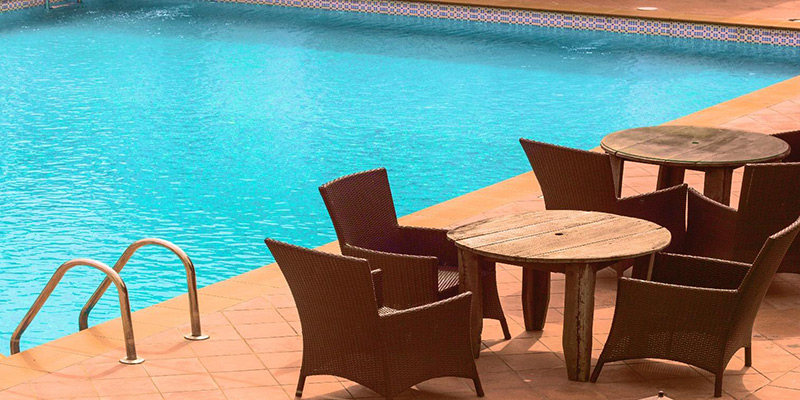
Homeowners insurance offers a wide range of coverages, but does it cover pools? Well… not always. If you own a pool or are purchasing one soon, contact us to confirm if you are covered or should seek additional coverage for the added risks that come along with owning a pool and for any damage that your pool sustains. Every carrier allows and offers different coverages.
Is My Pool Protected?
Read through your policy. Unless pools are specifically excluded, your pool is likely covered. Contact Clyde Paul Agency and let us know you have or want to buy a pool, as it represents a significant increase in risk.
Pools — along with ponds, trampolines, backyard play structures and farm equipment, and other things — are considered “attractive nuisances” due to their inherent danger and the fact that children are drawn to them.
Most insurers will require you to implement certain pool safety precautions that may include:
- Installing a perimeter fence that is at least 4 to 5 feet Installing an automatic or solid safety cover
- Having safety equipment around the pool
Keep in mind coverage may be more difficult to find if your pool has a diving board or a slide.
How Much Liability Coverage Do I Need?
Having more coverage is always better. By owning a pool, any injuries a person may sustain are your responsibility. If you have the maximum liability limits the insurance company offers, we suggest purchasing an umbrella policy for even more protection. Lawsuits are time-consuming and expensive.
An umbrella insurance policy comes in handy for individuals who own a large amount of assets, who travel a lot or whose businesses put them in the spotlight. The extra liability coverage of an umbrella policy can be used once you’ve exhausted your homeowner’s liability coverage and may be necessary should someone injure themselves or worse.
How to Cover Damages to Your Pool?
Many homeowners’ policies already cover the pool itself and pool equipment. Aboveground pools usually fall under personal property coverage, while inground pools and pool maintenance equipment like filters and pumps are usually covered under other structures. Because policies vastly differ, it is a good idea to read your policy carefully and confirm your coverage with an insurance professional.
Your pool will be covered for several different perils, provided your homeowners policy covers them already, including:
- Fire
- Falling objects, such as a tree Vandalism
- Wind damage
It is significant to note that damage caused by water freezing in your pool is not covered. You are also responsible for pool maintenance. Wear and tear are not covered, nor will the resulting damage to your property be if that damage could have been prevented.
If your in-ground pool is made of cement, you should repair any cracks in the cement as soon as you detect them. Aboveground pools may also require patching in the spring, especially after a harsh winter. Contact us with any additional questions you may have.
